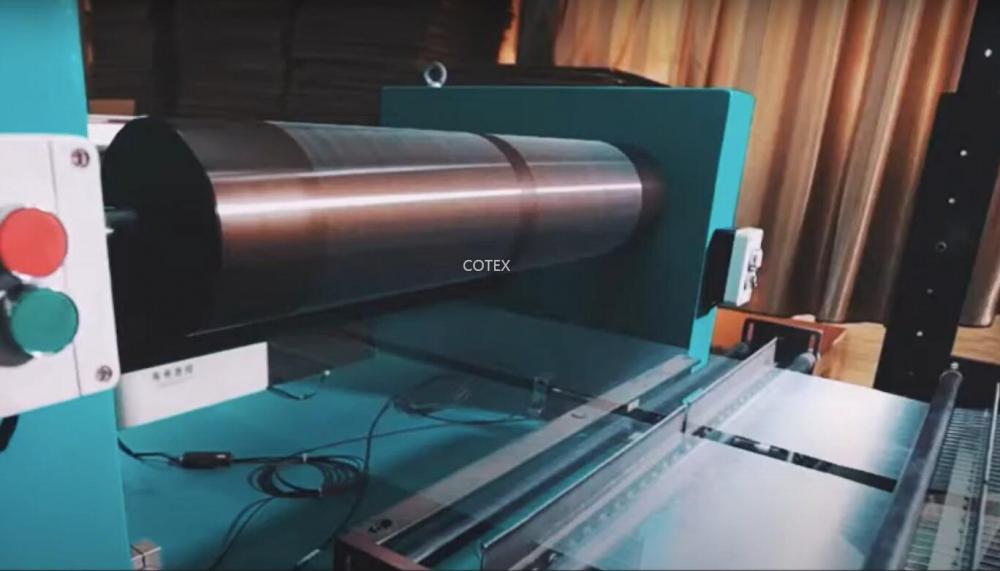The March 11 earthquake caused increased demand for exports of Japanese agricultural products and food. The dehydrated vegetable industry cluster in Xinghua City, Asia’s largest dehydrated vegetable base for processing dehydrated vegetables, is highly concerned. Recently, some of the cluster companies received more than US$400,000 in additional orders from Japan. The orders were mainly on scallions, cabbage, and carrots. The delivery period for pre-order products was reduced from 3 months to 1 month.
Dehydrated vegetables are made from fresh vegetables and dehydrated through scientific processing. They not only maintain the flavor and nutrition of fresh vegetables, but also facilitate storage and transportation, which greatly facilitates the needs of earthquake relief. At present, there are 150 processing enterprises in the city's dehydrated vegetable industry cluster, 29 of which have obtained the right to self-export, and 53 enterprises have passed ISO9000 and HACCP international certification. With a pollution-free production base of 250,000 mu, the company processes more than 100,000 tons of dried dehydrated vegetable products. The products have been exported to more than 20 countries and regions such as Japan, South Korea, Europe and the United States. In 2010, the output value of dehydrated vegetables in the city was 2.65 billion yuan, and the total value of exports was 8,000 US dollars. From January to February 2011, the city exported 2.46 million US dollars of dehydrated vegetables in Japan. Over the years, the city has actively responded to the “positive list system†technical barriers, guided enterprises to expand the scale of planting bases, implemented strict management, increased investment in technical reforms, established a quality inspection and inspection center for dehydrated vegetable products, and focused on products ranging from ingredients to end products. Suzuki products to health products in two aspects to adjust product structure, improve product quality and core competitiveness of enterprises, encourage the development of dehydrated vegetable industry. It has maintained the title of "Asia's Largest Dehydrated Vegetable Base" for 10 consecutive years and was granted by Jiangsu Provincial Agriculture Commission as a modern characteristic industrial base in Jiangsu Province.
The Elastic Warping Machine, also known as spandex warping machine, is a textile machine used to produce elastic fabrics. It is designed to warp a wide range of elastic materials, including spandex, Lycra, and other stretchable fibers.
The machine consists of a creel, a warp beam, a tension control system, and a warping section. The creel holds the spools of elastic yarn, which are then fed into the warping section. The tension control system ensures that the yarn is evenly distributed and maintains a consistent tension throughout the process.
The warping section consists of a series of rollers that pull the yarn through a series of guides and onto the warp beam. The elastic yarn is then wound onto the warp beam, creating a tightly-woven fabric that can stretch and recover without losing its shape.
The Elastic Warping Machine is widely used in the production of a variety of elastic fabrics, including swimwear, athletic wear, lingerie, and medical garments. It is a highly efficient and cost-effective way to produce high-quality elastic fabrics with consistent performance and durability.

Elastic Warping Machine,Horizontal Warper Advantage,Vertical Warper Advantage,Spandex Warper Specification
suzhou cotex international Co.,Ltd , https://www.macanol.com